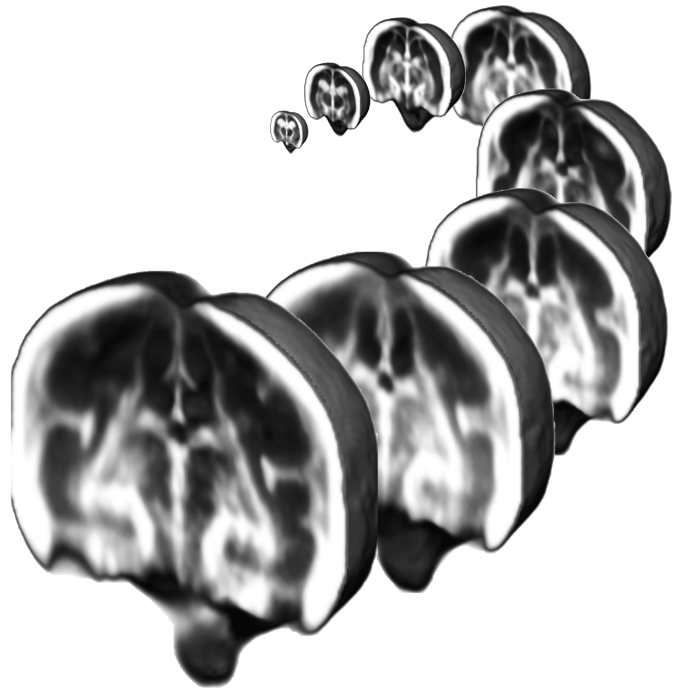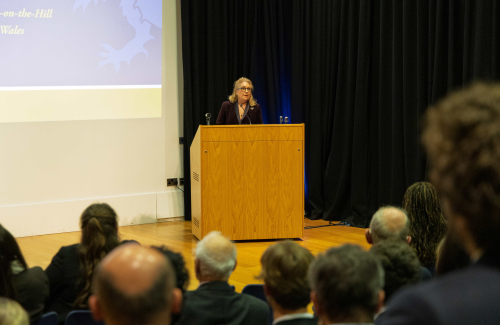More Pembroke news
The Brain's Development Through Pregnancy: Pembroke Fellow Publishes New Research
NEWS |
Pembroke Rokos Fellow and Tutor in Computer Science Professor Ana Namburete and her team have developed machine learning methods to construct the first digital map showing how the fetal brain matures as pregnancy advances.
They are part of a group of 200 researchers around the world, led by the University of Oxford, who have published the world’s first digital atlas, showing how the human brain develops in the womb. The research was published on 25th October in Nature: https://www.nature.com/articles/s41586-023-06630-3
The atlas was produced using over 2,500 3-dimensional ultrasound (3D US) brain scans that were acquired serially during pregnancy in the INTERGROWTH-21st Project-- a large population-based study of healthy pregnant women living in eight diverse geographical regions of the world (including five in the Global South), whose children had satisfactory growth and neurodevelopment at 2 years of age.

Professor Namburete, the lead and first author on the paper, developed AI and image processing tools to characterise fetal brain maturation. The use of AI enabled the group to enhance the visibility of brain structures in the images, allowing them to generate an average depiction of the brain each week of pregnancy from as early as 14 weeks. Capturing the brain so early in pregnancy is unique to this study, deepening previous understanding of fetal brain development, which had until now only been analysed from upwards of 20 weeks. The atlas is freely available online: intergrowth21.com/research/brain-atlas-project

The research found that brain growth patterns were remarkably similar across the geographical populations, results which are consistent with and thus reinforce previous findings on human development. Alongside this, the results underline the importance of a mother’s health, education, nutrition and environment in order for a child’s brain and body to develop healthily.
Speaking on the outcome of the study, Professor Namburete reflects that her research group’s digital fetal brain atlas “opens doors to answering complex questions about early cognitive development.”


